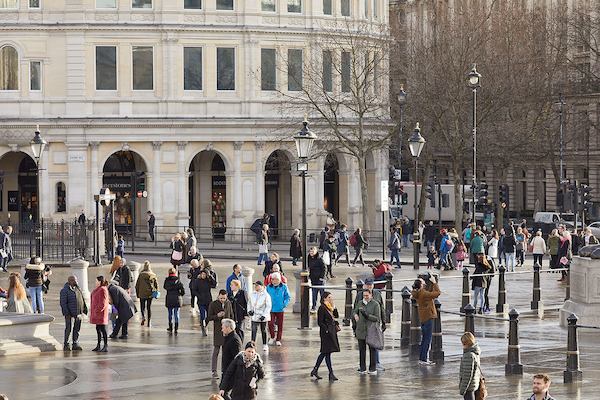Alan was made redundant after working as a mechanic for 17 years. A further blow came when his redundancy payment was for only eight and a half years, rather than the full 17. It took him a couple of years to find a new job as a driver for a plant hire company, and by then the redundancy money was gone. Last year Alan was unloading a lorry when the load fell on him and broke his leg. He hasn’t been able to work since, and now there isn’t a position to return to. His leg hurts if he sits too long, so another driving job seems out of the question. At 62, Alan doesn’t expect to find work again, even though he still has five years until he can draw his pension.
Alan’s story is unfortunately too common. Research shows that around a million people over 50 are ‘involuntarily workless’ – pushed out of work through redundancy, ill health or unplanned early retirement. Being out of work in your 50s isn’t just a problem in terms of income. Our research found that people who’ve stopped work are most likely to miss the social interaction, and at least as likely to miss the sense of structure and purpose as the money, all of which are important aspects for a good later life.
Trying to get back into work in later life also creates its own challenges. Trevor, who took part in our Later Life in 2015 research, stopped work four years ago after developing a back problem. Although he now feels physically ready to return to employment, he hasn’t been able to; after applying for 20 jobs and not getting an offer following his only interview, Trevor was “heartbroken”.
To help change things for people like Alan and Trevor, we’re launching a new programme in partnership with Greater Manchester Combined Authority (GMCA) to support people aged 50 and over back into work. Across Greater Manchester, almost one in three people aged 50-64 are not in work – and more than a fifth of those who are working are in low paid jobs. In other words, nearly half of 50-64 year olds in Greater Manchester are either out of work or in low paid, often insecure work. If the employment rate among people over 50 matched that among younger people, there would be 70,000 more people in work in Greater Manchester. Low pay is also a significant economic and social challenge for the region.
While we know quite a bit about the problem, there’s a big gap when it comes to solutions. Analysis of the government’s Work Programme shows that only one in seven people over the age of 50 have been supported into a long-term job – a much worse success rate than for younger people, regardless of gender, ethnicity, or disability. That’s why we’re working with GMCA to develop and test a new approach.
We started by consulting practitioners, including staff from JobCentre Plus, local authorities, the Working Well programme and charities to identify current problems and potential solutions. Rather than relying on mandatory referrals, we want to test more active outreach to engage people who aren’t in the system (for example people who have been made redundant or who are in low paid work). The consultation suggests that it’s important to address a range of issues, including household finances, family and caring responsibilities, and housing – sometimes before people can even think about returning to work.
We’re now engaging people over 50 who are out of work or in low paid work. We want to hear from them to identify what they think would best support them into work. Then we’ll work with them to turn the most promising ideas into prototypes that we can test in practice. Starting in five different neighbourhoods across Greater Manchester, we plan to develop the ideas over the autumn and start testing by spring 2017. If our evaluations suggest that one or more of these prototypes is moving people towards better employment, we’ll work with GMCA to trial it at scale. Ultimately, we hope to build the evidence base for GMCA and the DWP to commission the new approach across the whole city region, so that in future, people don’t end up in the same situation as Alan or Trevor.


